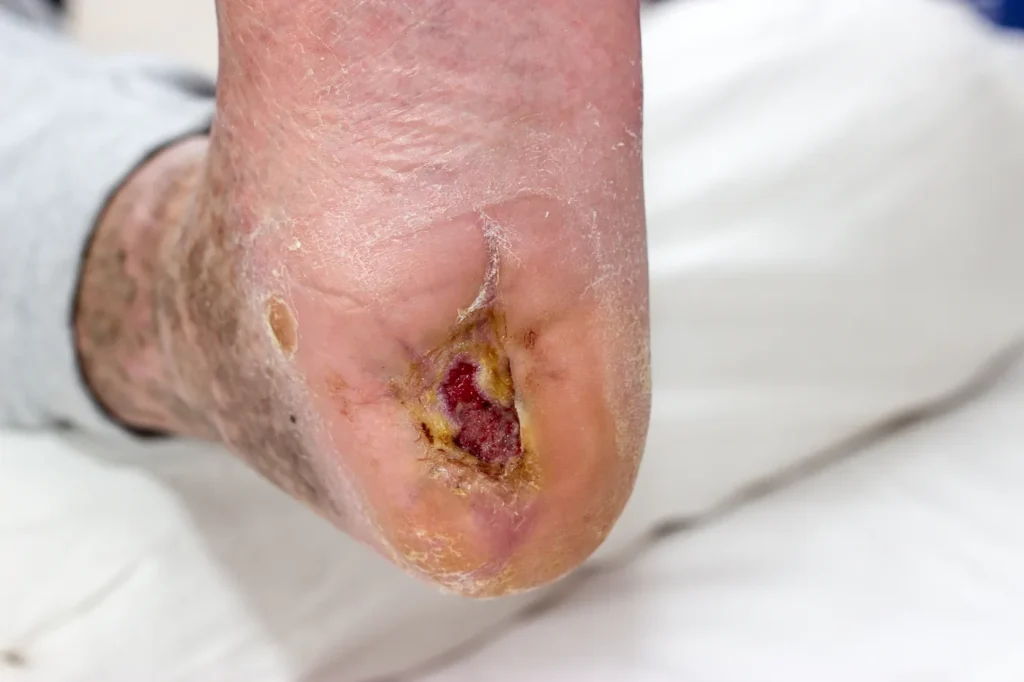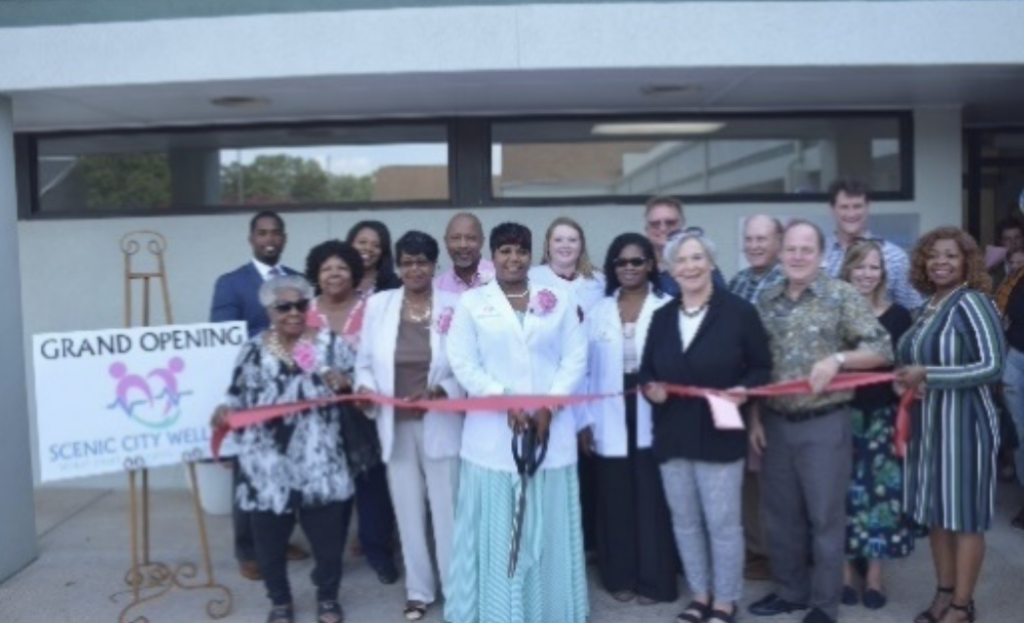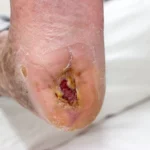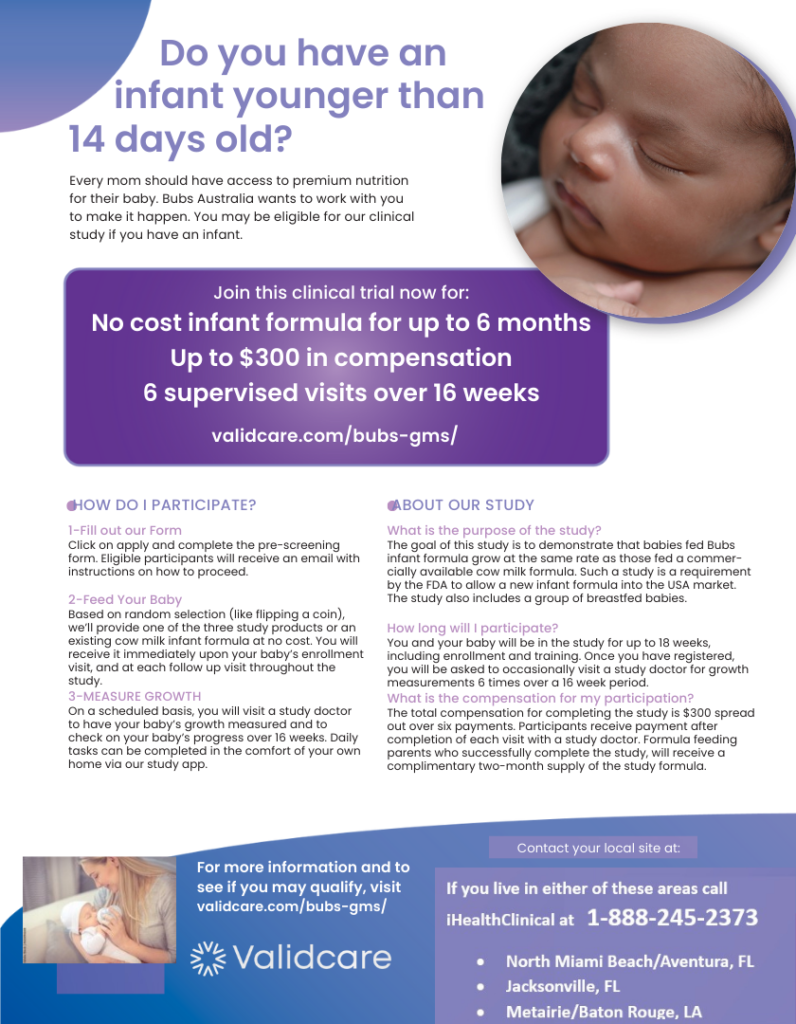The Transformative Role of AI in Clinical Trials
Mar 22, 2025Navigating Greek Life in College with Type 1
Jan 15, 2025The Awesomeness of the Patient Professor Academy
Dec 23, 2024Giving Thanks
Nov 23, 2024Navigating Greek Life in College with Type 1 Diabetes
- Shay Webb
- 6 Minutes Read Time
Originally published by T1D Exchange https://t1dexchange.org
Alpha…beta…gamma…diabetes….
This may not be the traditional Greek alphabet; however, diabetes has a way of fitting into the realm of Greek life if you may have an interest. As a former chapter president, I have seen the beasts and beauties of navigating Greek life as someone with type 1 diabetes (T1D).
Here are a few things to keep in mind when transitioning to Greek life.
Discretion is power, but transparency is key with diabetes.
If you are familiar with Greek life, you are most likely familiar with the importance of discretion and being able to keep your organization’s secrets, well, a secret. Yet this is true for the overall Greek process; there is one thing that should follow the rule of transparency… diabetes.
It is crucial to inform your future ‘brothers’ or ‘sisters’ about your condition during your joining process, however, that may look. Now, if you’re like so many T1D students going to college and being away from home, you may not feel comfortable sharing something so intimate.
Good news!
First, it is not as bad as it seems. Second, it’s ok. If you’re uncomfortable telling your organization leader, tell someone who may be on your line, a current member, or maybe even an advisor. The most important piece is to ensure that you are safe while having the time of your life.
Greek life loves bugs
We’ve all heard stories about couples who met in college and lived happily ever after the end. The stories are even cuter when both persons are involved in similar activities, such as Greek life. The beauty of dating someone in another fraternal organization is that they have an idea of the structure.
What’s even cuter is when they are interested in learning about diabetes.
When engaging with your significant other, it is important to tell (and teach) them about your diabetes. The beauty of being in a Greek relationship is that Greeks are already a close-knit unit that will likely engage with one another regardless of their organization.
There have been several instances when my significant other has left his fraternity area to ensure I noticed my sugar was dropping when I was having too much fun with my sorority sisters to check my phone. (Oops!)
Step up & Checkup
Stepping is a historically black tradition characterized by synchronized hand-foot movements, along with singing, dancing, chanting, and acting. This is a significant part of black Greek life.
While this is a fun and engaging activity, it is very important for students with diabetes to test their blood sugars and treat them accordingly before engaging. Personally, when I step, I use temp basal patterns on my insulin pump, preferably 30 minutes before I perform.
At other times, I ensure I eat a complex carb with protein to hold me throughout the performance. However, if you don’t feel the nerve to eat before getting on stage, planning ahead with basal adjustments can help. (Talk to your healthcare team if you’re unfamiliar with temp basal rates and exercise!)
Feel, don’t conceal (or whatever Elsa said)
We’ve all had those times where our sensors, sites, or pumps make us stand out like sore thumbs.
Pro tip: Wear your sites with pride and strength! Decorate your sensors/sites with adhesives that represent your org. For example, my sorority’s colors are royal blue and white. Therefore, I wear my royal blue shell to cover my Omnipod, or in informal settings, I will wear it uncovered since it is already white.
For bonus points, I also have a royal blue skin case for my PDM. This comes in handy during Founders Day celebrations or other Greek unity events. Not only am I able to care for my diabetes, I am able to sport that I am a proud person with T1D and a member of Zeta Phi Beta Sorority, Inc.
Finer friendships
Well, since we’re in college, we don’t need a big platform, a pet hamster, and our first-grade teacher to help us show and tell. However, it is important that you tell your organization leaders about your T1D before you start your process.
This alleviates liability, shows responsibility, and can potentially create a strong, confidential sisterly or brotherly bond. At a minimum, I would advise them that you have T1D and the basic details of highs, lows, and emergencies, along with what your insulin pump or pen, glucometer, and glucagon all look like. Also, if there are days you are not feeling tops, let them know ahead of time. If you begin to feel bad mid-time with your future sisters (or brothers), let them know ASAP.
Remember, they are about to be your sisters. They have your best interests at heart.
Because we are sisters, we stick together
Just like the Cheetah Girl’s song, sisters stick together. Be sure to find those one or two ride-or-die sisters you do not mind opening up to about your diabetes. These are the sisters who will be able to alert the right avenues in an emergency and will know how to handle situations. Not only will they help you handle business, but they will also help serve as an ear for those long nights of hyperglycemic episodes.
“The best remedy at this point (other than INSULIN) is to live and laugh.”
Welcome to Greekdom!
Have fun! College comes, and it goes faster than you imagine. Don’t let diabetes rule your life. The best remedy at this point (other than INSULIN) is to live and laugh. You never know what tomorrow brings, and with many stories of college-aged T1Ds losing their battle, it is our time to WIN!
Go to a party, go to a step show! Go anywhere that will enhance your college, Greek, and successful life with diabetes.
This is the time to see that support is all around. In addition to your family, friends, and community, you now have new sisters and/or brothers to guide you. Along with your brothers and sisters, remember we are T1D strong!
Shay Webb is a clinical research professional who lives with type 1 diabetes and rheumatoid arthritis. She is an active diabetes advocate and researcher that focuses on the importance of DEI and diabetes policy. She has spoken on a variety of platforms to various audiences such as the White House HBCU initiative, NC General Assembly and Association of Clinical Research Professionals. Shay holds a Bachelor of Science in Clinical Research in addition to a Master of Science in Clinical Research and Product Development from the University of North Carolina Wilmington. She is currently pursuing her Doctor of Health Science degree from Campbell University.

















